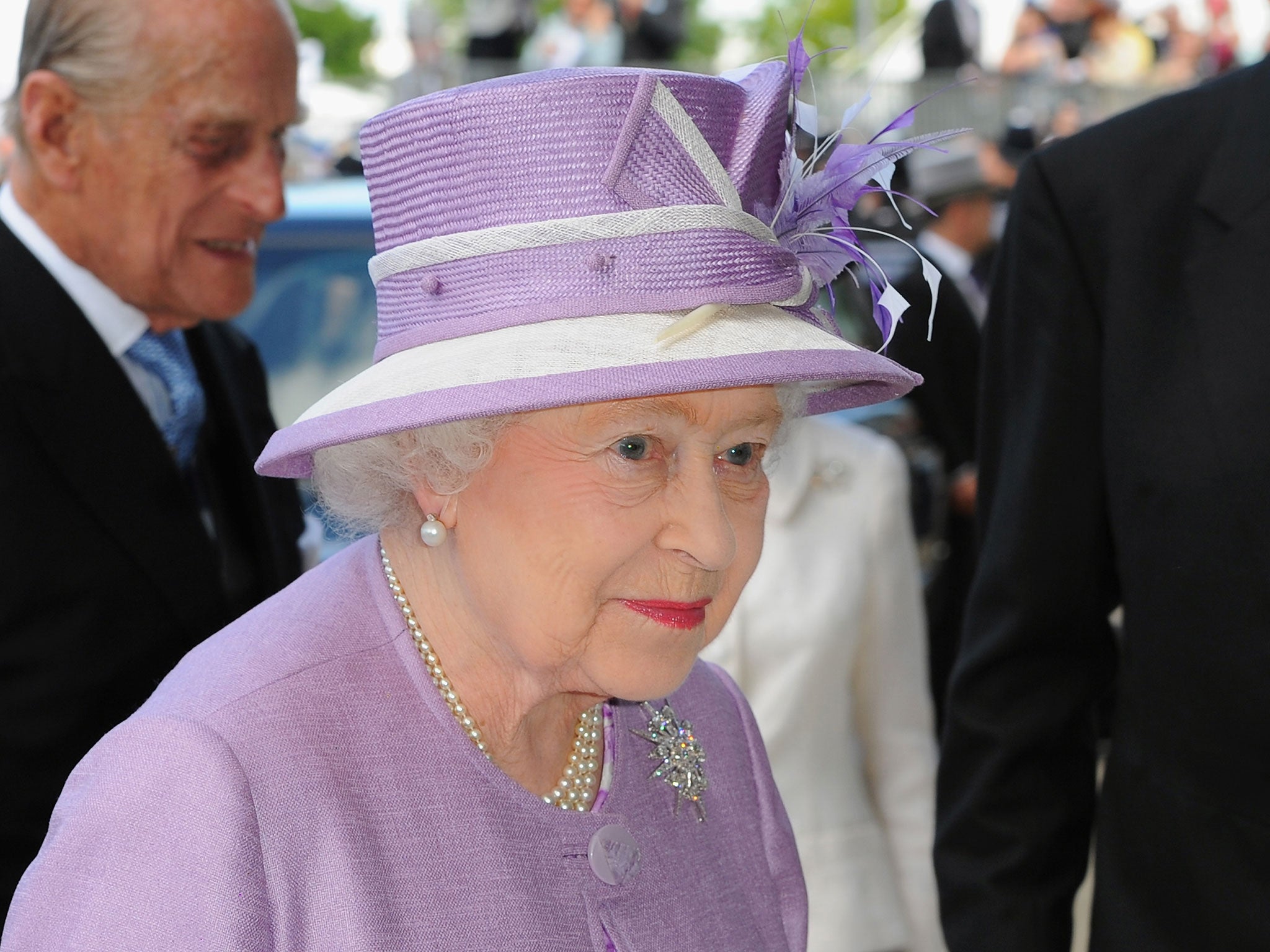Errors and omissions: Who decides what to call an extremist group?
Our chief political commentator takes to task this week's Independent coverage


It is not the most important thing, obviously, but confusion reigns over what to call the people who call themselves al-Dawlah al-Islamiyyah, or the Islamic State. We continue to use Isis, which stands for Islamic State of Iraq and al-Sham (Greater Syria), which is what they called themselves until June. It makes sense to allow usage to settle where it will. The Prime Minister’s attempt, for example, to stick with an even earlier form, Isil, with the L standing for the Levant, does not seem to be catching on. Meanwhile, and belatedly, The Independent has finally accepted the majority verdict of the great global bazaar of the English language: as of last week, we spell the related organisation al-Qaeda rather than al-Qa’ida.
It was hard to follow this, about Robert Plant, the Led Zeppelin musician who is still going strong at 66, in our review on Wednesday of his live show: “It’s a deceptive career parabola that disguises the unusual forward momentum of Plant’s art.” A parabola is the curve described by an object thrown into the air. It is not deceptive. In cricket or tennis, for example, the deception comes only when a spinning ball hits the ground. Until then, the ball’s forward momentum is predictable and would be unusual only if it sprouted wings. I think we were trying to say that Plant continues to surprise with different styles of new music, which he does, in which case a different metaphor would have been better.
Brackets in the first paragraph of a news story are a sign that something is up. On Thursday, we reported: “Lord (Jonathan) Hill, the UK’s new European Commissioner, was chosen for the key financial services post in Brussels.” Jonathan Hill is hardly well known – he was John Major’s political secretary in the early 1990s – but more people will remember him if he is called by his first name than if he is called Lord Hill, or Lord Hill of Oareford. I think he should be Jonathan Hill when first mentioned and Lord Hill thereafter, but our stylebook still says: “At first mention give the full peerage title, as listed in Vacher’s Parliamentary Companion ... Thereafter Lord Smith, the duke, or whatever.” The brackets are a sign that this rule may be out of date.
Still with titles, a subheadline on a comment article on Thursday said: “Whatever the arguments, it is a popular vote and nothing to do with Her Royal Highness.” That should be “Her Majesty”. That is just the form, and, unlike peers, there is no good reason to change it.
“Teen dropouts spoiling plans to keep young in education.” This was the tautological headline on a news story on Thursday. It might have been better to have paraphrased what Lorna Fitzjohn of Ofsted said, which was that raising the education-leaving age to 18 was merely delaying teenagers joining the ranks of the Neets, or young people “Not in Employment, Education or Training”.
Guy Keleny is away

Join our commenting forum
Join thought-provoking conversations, follow other Independent readers and see their replies